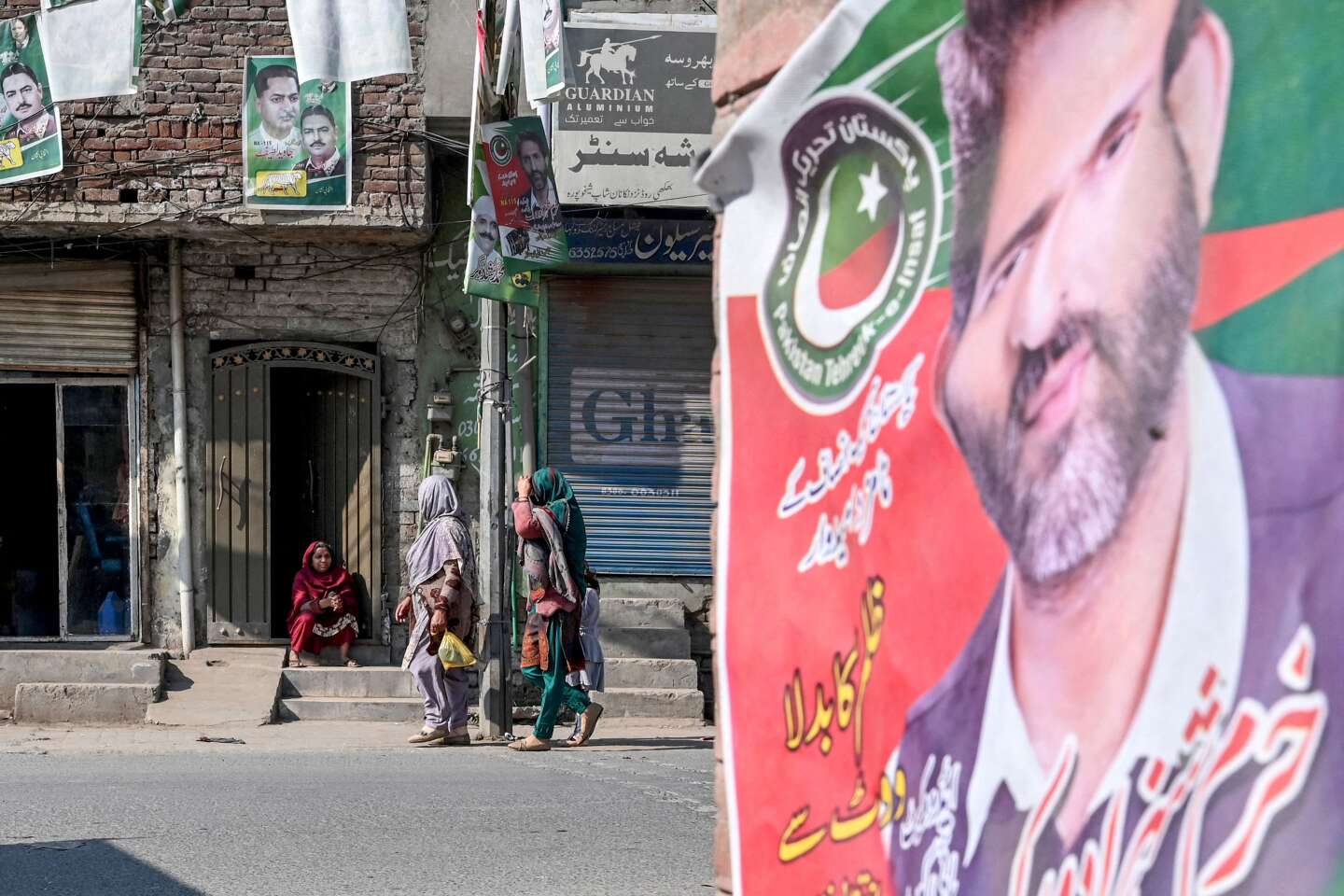


With ballot-box rigging, arbitrary arrests, politicization of the judiciary, media censorship and endless internet blackouts, democracy has become a distant memory in Pakistan. The elections held on February 8, after two extremely turbulent political years, were a sad illustration of this.
Since the spring of 2022, the military and both the Sharif and Bhutto groups have done everything in their power to remove Imran Khan, the former prime minister (2018-2022), without understanding that they were creating a martyr in the process. They threw their opponent in jail, decapitated and dismantled his party, the Pakistan Tehreek-e-Insaf (PTI), and hampered his campaign. But, despite all these dirty tricks, the Pakistani people put their champion Khan's candidates in the lead, creating the height of his popularity.
His party should have even won a much larger victory and been in a position to govern, had the ballot been fair. Suspicions about the fairness of the operation, fueled by the abnormally slow pace of the count and the cutting off of cell phones, were confirmed. Senior civil servant Liaquat Ali Chatha, commissioner of Rawalpindi, the Punjab city where the army headquarters are located, claimed that the results of the February 8 general elections had been "manipulated" under his watch. "We made independent candidates [Khan's], who had a lead of 70,000 to 80,000 votes, lose by affixing false stamps. We turned losers into winners," he admitted to the press. He resigned from his post and assured that he would turn himself in to the police for his "heinous crime."
Undermined by instability
As a result of these manipulations, Pakistanis will be governed by the Sharif-Bhutto-Zardari alliance, which they no longer wanted. Long rivals, these two political dynasties ruled the country in alternation for four decades, until the breakthrough of Khan in 2018, elected on a promise to end the hold of these families and fight corruption.
The former cricket captain didn't change the face of the country, but he did shake up the system and challenge military might. He came to power with the help of the army, but ended up falling out with the top brass, who got rid of him by pushing rival clans to outvote him.
Khan formally fell after a vote of no-confidence in Parliament. He was unable to overcome a permanent law in Pakistan: The army has decided the fate of civilian governments since the creation of this young republic, born of the partition with India in 1947 to give the Muslims of the sub-continent their own nation-state. Never in 76 years has a Pakistani prime minister completed his term of office!
You have 51.6% of this article left to read. The rest is for subscribers only.
